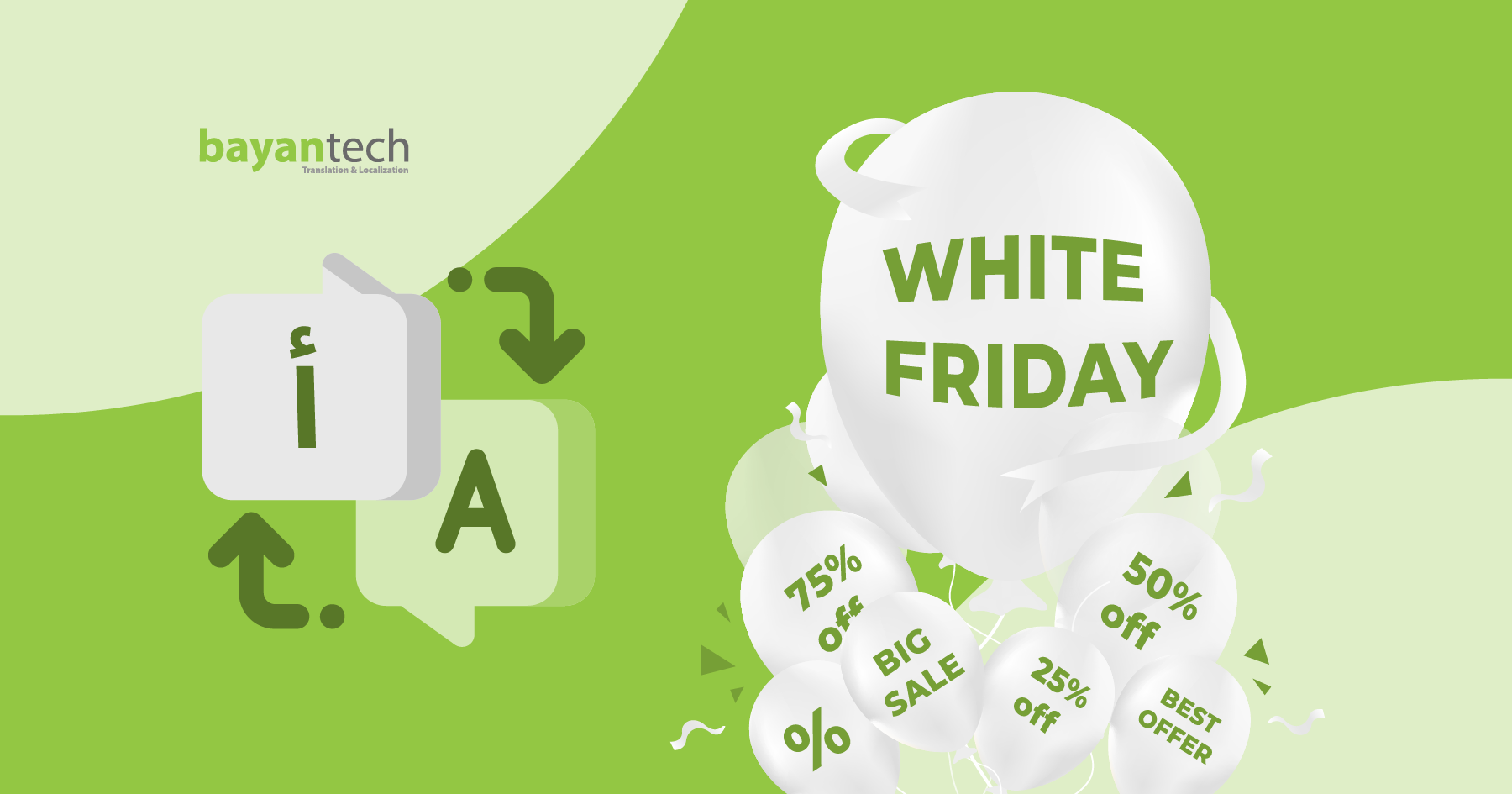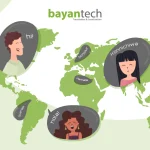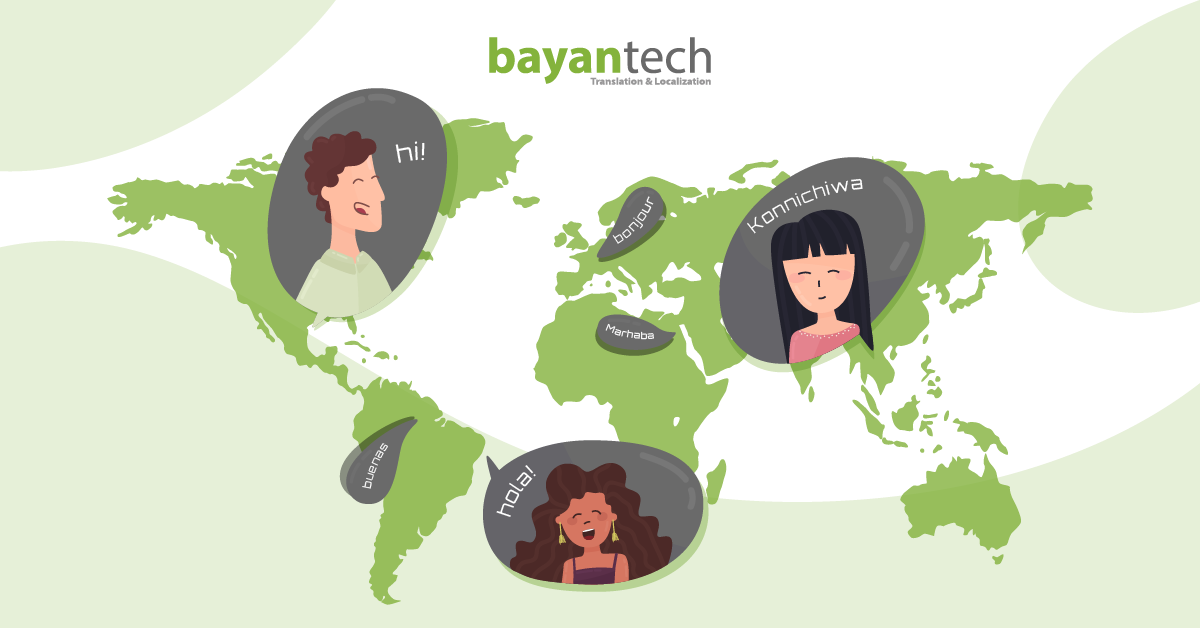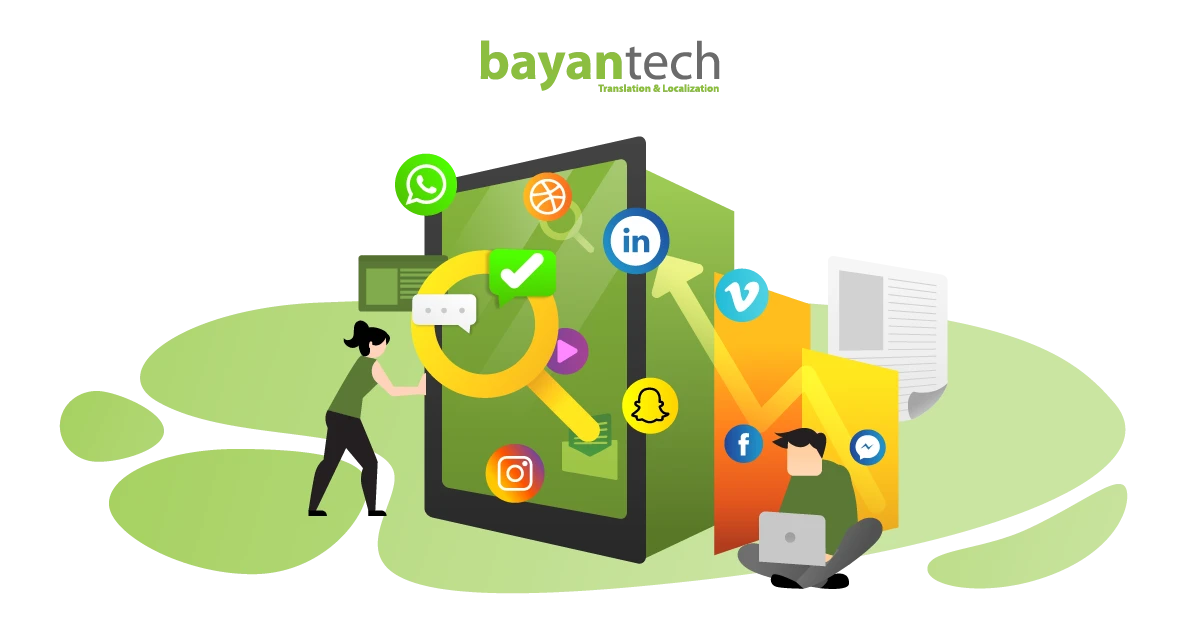White Friday: Maximizing Opportunities in the Middle East through Localization
The Middle East celebrates the biggest shopping event of the year differently. It’s called White Friday and the type of language used for marketing campaigns is different from that in the US for one simple reason: cultural difference.
Here’s why localization is an essential part in navigating White Friday in the Middle East, from the reason behind the name itself to marketing and branding campaigns during this season.
White Friday: The Middle East’s Black Friday
Why is it White and not Black Friday in the Middle East?
The term White Friday was coined by Souq.com, now Amazon, back in 2014. The idea came to then-CEO, Ronaldo Mouchawar who was in the US during Black Friday and witnessed the shopping craze during this event.
He wanted to replicate that for people in the Middle East. But he knew that the name needed some modification to fit the Middle Eastern culture.
Friday is a holy day for Muslims; many people head to Friday prayer and celebrate that day for its many blessings. And the color black is usually associated with sadness, mourning, or even bad luck.
To avoid associating such an important day for Muslims with any negative connotations, Mouchawar decided to brand that sale event as White Friday, which has a more optimistic and happy connotation.
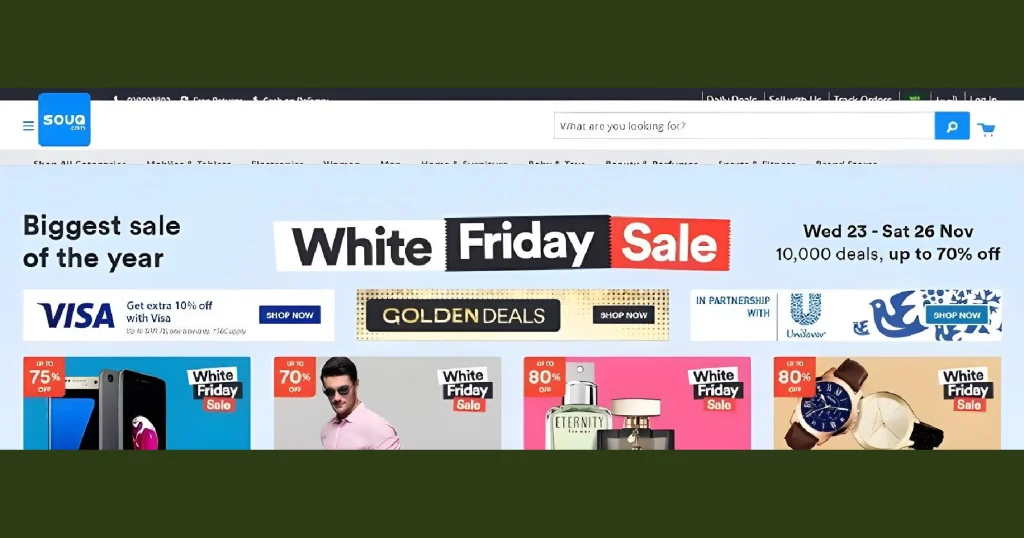
Countries that participate in White Friday are Saudi Arabia, the United Arab Emirates, Egypt, Oman, Kuwait, Bahrain, Qatar, and the list keeps growing.
Initially, White Friday was planned to take place on the last Friday of November just like Black Friday. But given how lucrative and successful it turned out to be, it’s now extended to last for 4 days by the end of November each year.
Souq.com had great success with its first White Friday sale in 2014. By 2015, they sold 600,000 items, and in 2016, that number jumped to around 1 million!
This shows how much online shopping has taken off in the region.
5 Key Considerations for Successful White Friday Marketing
1. Cultural Identity
Brands have to consider cultural sensitivity when marketing their products on White Friday. People in the Arab world hold on to their traditions and religious values.
So, international brands need to be considerate of that and launch culturally appropriate campaigns. Anything that comes off as offensive to local consumers can hurt a brand’s image in the market.
2. Dialect Diversity
Language is how people communicate their culture. Here comes the role of expert translators and localization specialists to use the right language for advertisements.
An expert localization specialist, for example, would know that some words could be acceptable in one Arabic dialect but very offensive in another dialect. That is why cultural context is everything.
3. Religious Traditions
As mentioned before, Friday is special for Muslims because it’s the day of congregational prayer, called Jumu’ah, making it a day of community and worship.
It would be tone deaf for a brand to use any negative or inappropriate marketing messages to promote their products on that holy day.
4. Appropriate Imagery
The same also applies to visuals and images used in marketing campaigns.
For example, advertising alcohol or pork or using models in a provocative way for White Friday would be offensive and disrespectful to Arab people.
5. Local Consumer Behavior
It’s important to study consumer behavior and the market you are targeting.
For White Friday, it’s noted that people in the Middle East are family-oriented and still prefer malls and physical stores. Also, religion impacts shopping habits, in terms of what is considered permissible and forbidden.
Seasonal shopping affects consumers as well.
Before Ramadan, shoppers go for food products in preparation for the holy month. Around August, purchases of school supplies and clothes increase ahead of the new academic year.
5 Tips for Effective Arabic and Middle Eastern Language Translations
- Professional Translation Services
Using professional translation services for your business is very important to have a successful campaign that addresses your target audience. You need the language to be inviting as well as culturally appropriate.
- Hiring Native Speakers
It makes a world’s difference when you hire professional translators who are native speakers of the Arabic language. Native speakers have grown up in Middle Eastern culture and are fully immersed in it, so their Arabic translation would naturally be culturally sensitive.
- Going Beyond Translation
In addition to translation, you also need to localize your content.
That means that anything used in your marketing campaign, text, visuals, videos, or voice-over, should feel “local.”
So, not only is the content in Arabic, but anything that might seem foreign should be adapted to feel relatable to your Arab audience and their culture.
- Localizing Your Website
Website localization is not to be ignored, as eCommerce is huge right now and a lot of people like to shop online for convenience.
That means that product descriptions and eCommerce materials need to be relevant to the Arab locale, bearing in mind the different Arabic dialects in the region.
For example, look at Amazon’s home page for Saudi Arabia and Egypt. You’ll first notice the visuals, with each picture relating to the culture of the market.
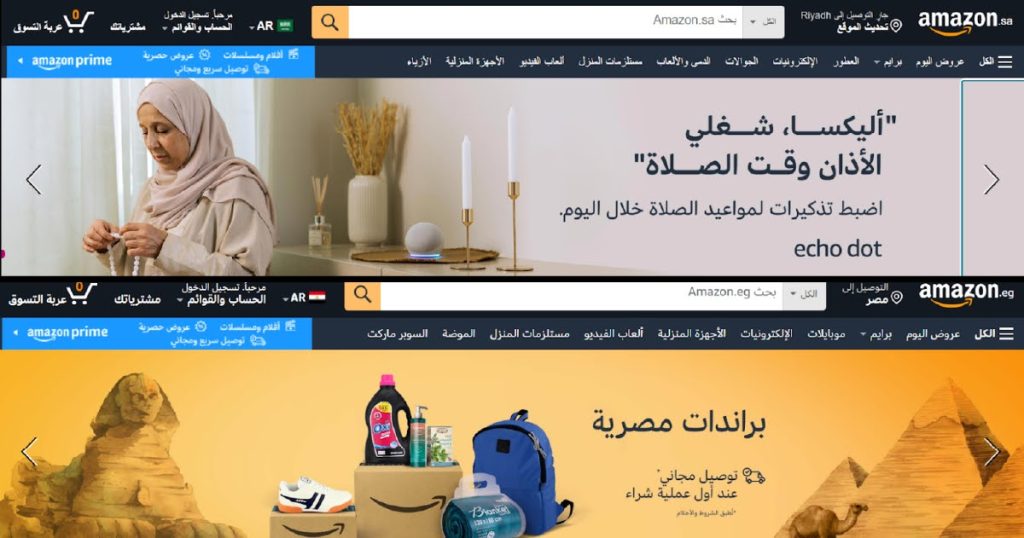
For Saudi Arabia, we see a veiled woman who is asking Amazon’s Alexa to play the call of prayer when it’s prayer time, advertising electronics. While for Egypt, there are the Pyramids and the Sphinx, promoting Egyptian brands, with the word brands translated and localized to be in Egyptian colloquial Arabic.
All of these are changes that only professional language experts take care of to transform a website into an enjoyable experience for the user.
- Translation of Marketing Material
Make sure your marketing material, such as taglines and slogans, resonates with Arabic-speaking customers while maintaining your brand’s voice.
Your goal is to adapt your campaign but still maintain your identity as a business. The more catchy and concise your slogans and taglines are, the better your message is delivered.
You’ll find more on this point here: Translating Marketing Materials.
Reach Middle Eastern Customers This White Friday with bayantech
Don’t miss out on bayantech’s 5% discount on all language services! Hire the best translation and localization specialists to elevate your ad campaigns in the Middle East this White Friday.

